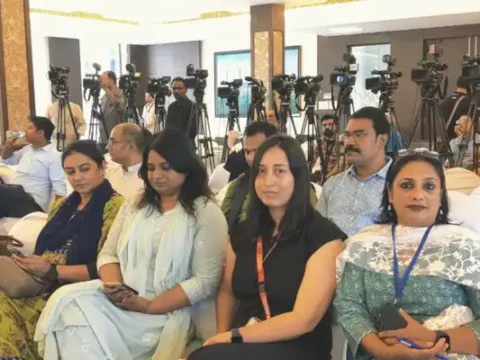Delimitation and the Resistance from South Indian States Delimitation, the process of redrawing electoral boundaries to reflect changes in population, is a necessary part of India’s democratic system.
However, the latest push for delimitation has sparked controversy, especially in South Indian states, which are raising concerns about the potential consequences for their political representation. The crux of the issue lies in the fact that the delimitation exercise is based on population, which could benefit states with higher population growth, largely in the northern regions of India.
States like Uttar Pradesh, Bihar, and Madhya Pradesh are projected to gain more seats in Parliament due to their higher population growth rates. In contrast, South Indian states such as Tamil Nadu, Kerala, Karnataka, and Andhra Pradesh, which have successfully managed their population growth, fear that their influence in national politics could diminish.
South Indian leaders argue that the current system, which has frozen the number of constituencies since 1976, reflects their successful family planning efforts. They believe that a new delimitation process could penalize them for controlling their population growth while rewarding states that have not implemented similar measures.
For these states, the delimitation process threatens to dilute their political power, as it could lead to an increase in seats for northern states with higher populations.
This disparity in representation has led to strong opposition, with southern leaders calling for the government to consider alternative methods that ensure fair representation for all regions of the country.








